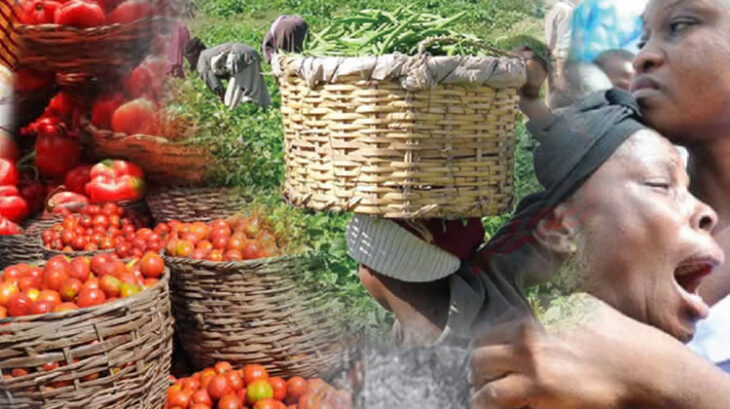Nigeria’s agricultural sector is under siege. Terrorism and banditry have created an environment of fear and instability, severely impacting food production and leading to escalating food prices. This write-up explores the multifaceted effects of these conflicts, focusing on the violent clashes between herders and farmers, the transformation of forests into kidnappers’ dens, and the alarming trend of youth opting for arms over agriculture across Nigeria’s regions: the South West, North West, North Central, South South, North East, and South East.
The Herders-Farmers Conflict
Historical Context and Recent Escalations
The herders-farmers conflict in Nigeria has deep historical roots but has intensified in recent years. Traditionally, herders move their livestock across vast areas in search of grazing land, while farmers cultivate crops on fixed plots. This coexistence has often led to disputes, but the scale and brutality of recent conflicts are unprecedented, particularly in regions such as the North Central and North West.
Impact on Agricultural Activities
The violence has driven many farmers away from their lands. In states like Benue, Plateau, Katsina, and Kaduna and many other states in the country, farmers are fearful for their lives and the lives of their families, leading them to abandon their fields. This has resulted in a significant reduction in agricultural output. Crops are left unharvested, and arable land lies fallow, directly impacting food availability and contributing to food inflation.
Human Cost
The human toll of these conflicts is staggering. Farmers and their families are frequently targeted, resulting in numerous deaths and injuries. The psychological trauma and loss of life create a ripple effect, discouraging others from engaging in farming activities and perpetuating a cycle of fear and abandonment.
The Forests Turned Kidnappers’ Dens
Safe Havens for Criminals
Forests, once safe havens for wildlife and sources of livelihood for local communities, have now become hideouts for kidnappers and bandits. In all regions in the country from the Northern States down to the Southern states, criminal elements exploit the dense vegetation and remoteness of forests to carry out abductions, demanding hefty ransoms and further destabilizing rural areas.
Economic Impact on Agriculture
Farmers are increasingly wary of venturing into forested areas to cultivate or harvest crops. The threat of kidnapping and violence has led to a drastic reduction in the use of these lands for agriculture, exacerbating food shortages and driving up prices. In the South East, states like Enugu and Ebonyi are also experiencing similar threats, impacting local agriculture.
Youth Turning to Arms
Disillusionment with Agriculture
The persistent insecurity and lack of opportunities have led many young people to abandon agriculture. In regions like the North East, where Boko Haram’s insurgency has wreaked havoc, and the South South, affected by militancy, youths are increasingly picking up arms, either joining militant groups or engaging in criminal activities. This shift not only diminishes the agricultural workforce but also contributes to a culture of violence and instability.
Long-term Consequences
The move away from agriculture among the youth has long-term implications for food security. With fewer young people entering the farming sector, the future of agricultural productivity looks bleak. This trend, if not reversed, will continue to drive food inflation and exacerbate poverty in affected regions.
The effects of terrorism and banditry on food inflation in Nigeria are profound and multifaceted. The conflict between herders and farmers, the transformation of forests into criminal hideouts, and the alarming trend of youth opting for arms over agriculture are key factors driving this crisis across various regions. Addressing these issues requires a multifaceted approach, including enhanced security measures, conflict resolution initiatives, and programs to encourage youth participation in agriculture. Without such efforts, the cycle of violence and food inflation will persist, with devastating consequences for affected communities.
Call to Action
To combat this crisis, governments, NGOs, community leaders, and international bodies must collaborate to restore security, support displaced farmers, and provide viable alternatives to youth considering a life of violence. Only through concerted efforts can we hope to break the cycle of conflict and ensure a stable, food-secure future for all in Nigeria.
Follow us now for more news in Oyo State.
Oyo Truth is an independent online news /medium reporting up-to-date events, happenings and activities related to Oyo State, Nigeria.







Leave a Reply